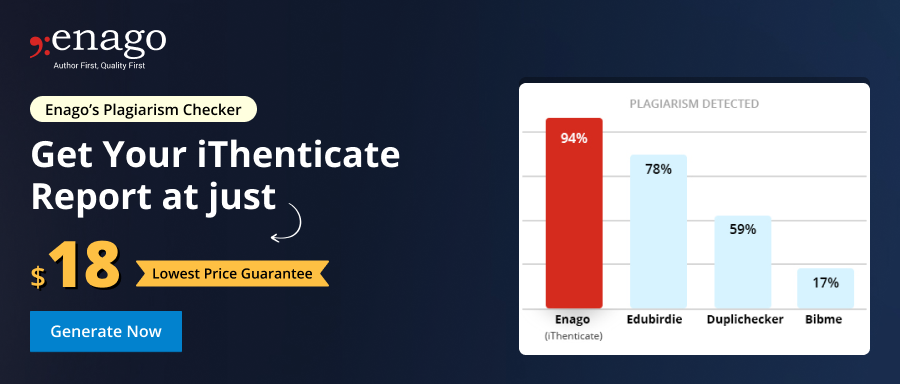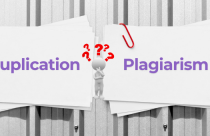How Should an Author Respond to Plagiarism Allegations?

Plagiarism is a really serious accusation and its consequences can affect researcher’s career. Even though you could prove your honesty, once a plagiarism allegation has been made your name, you could be discredited in the academic community. Here are some ideas to help you prove that you were not academically dishonest, as well as some tips to guide you to prevent such a situation.
Direct copying is not the only way of committing plagiarism. Actually, plagiarism just implies that an author takes the work of others and uses it as his own. It includes a lack of proper attribution to others for their ideas or research methods. However, the easiest way to detect plagiarism is finding the exact words repeated using a plagiarism detection tool.
Prevent a Mistake
The best way to avoid academic misconduct allegations is, obviously, making sure you follow good standards in every step of your research. That means quoting properly, keeping copies of all the material you use, and notes of all your own ideas. It also implies having a proper review and asking your professors and supervisor in case of any doubt.
Keeping copies of all the material you use during your research looks like an arduous task and a complication added to an already hard work. However, it can avoid many problems in the case of being plagiarism allegation or academic misconduct. Better keeping a proof of your honesty and good manners at every stage of your research than regretting not having done that once your paper has already been published.
How to Proceed after Being Accused
If you don’t consider yourself guilty, it is time to prove your honesty. This accusation can easily affect your reputation as a researcher and an author, as well as it can affect the university or research center you belong to. To proceed well, find out what you are specifically accused of. Further, make use of all the proofs you have to show not only your innocence but also your good manners and professionalism as a researcher.
-
Copies of Literature and Work:
As it was said before, keeping copies of all the material you use is a good idea. That includes your personal notes: though it is rare, it is possible that authors assimilate sentences or ideas after reading them, and then they write them in their research papers as their own. If you are accused of plagiarism due to a mistake of this kind, showing why it happened can help you if you are willing to add a proper quote in your paper.
-
Present Proofs of Other Material as Emails or Interviews’ Transcriptions:
It can help you to prove both how you did your work and where you got the information from.
-
Show Your Previous Work:
It is a good way to prove that there are no previous plagiarisms, as well as a way to show your own style. Sometimes, a radical change in an author’s style, vocabulary, or method raises suspicions of plagiarism. Prove that all your work has the same style and there is no doubt it is yours.
The Importance of Showing Commitment
Even though you consider yourself not guilty, you should show respect for the investigation procedure. To stop researching and publishing while the investigation of your research paper is going on is a good way of showing commitment and respect for the procedures of the academic world.
And if you manage to prove your innocence, it is important that you dedicate time and effort to improve your image. Even though it is demonstrated that you didn’t commit academic misconduct, your name has been under suspicion and you do not know for how long it will remain this way.
Have you ever faced any plagiarism allegations in your research manuscript? Let us know in the comments below!










